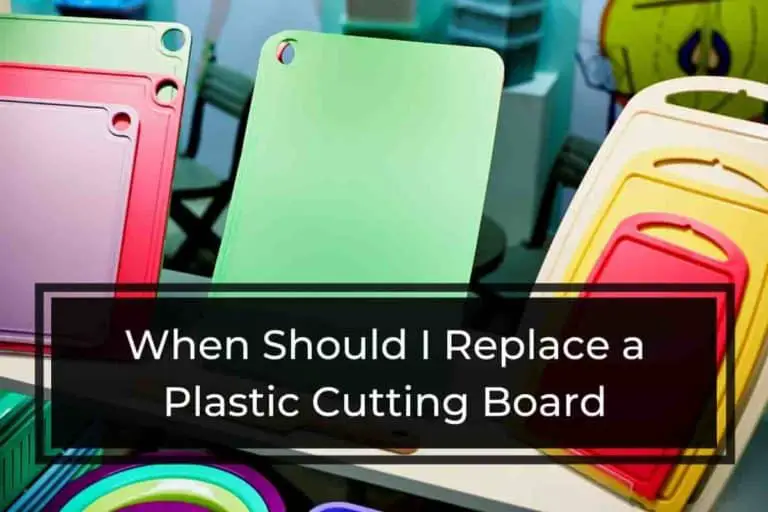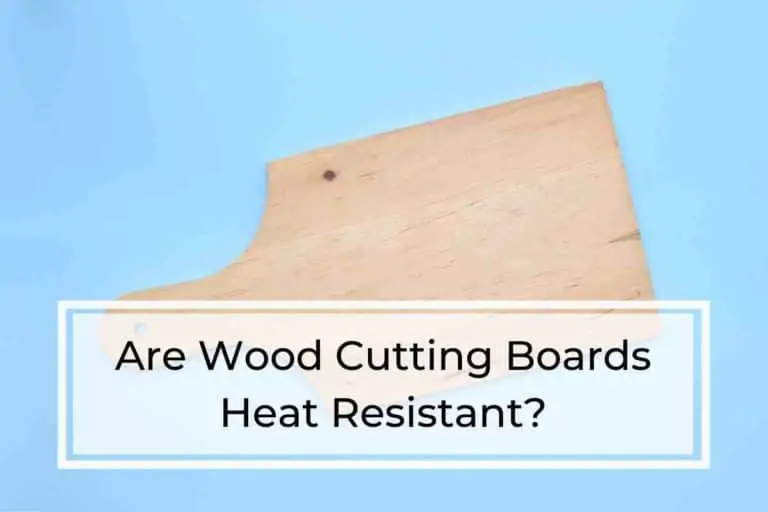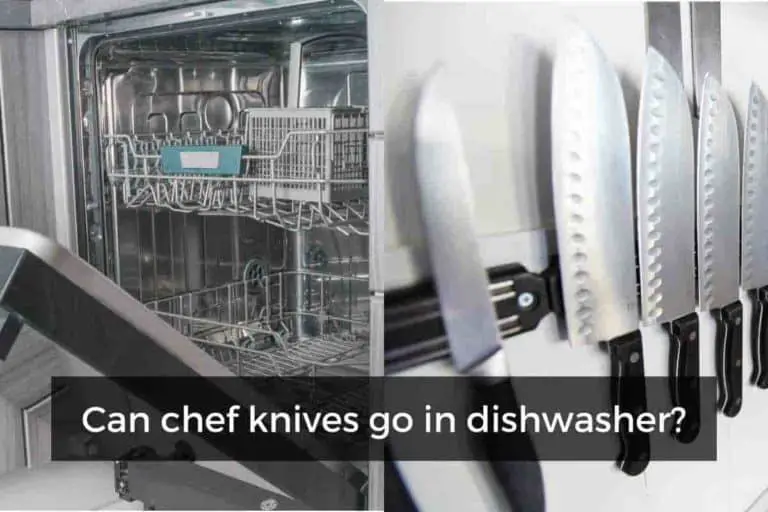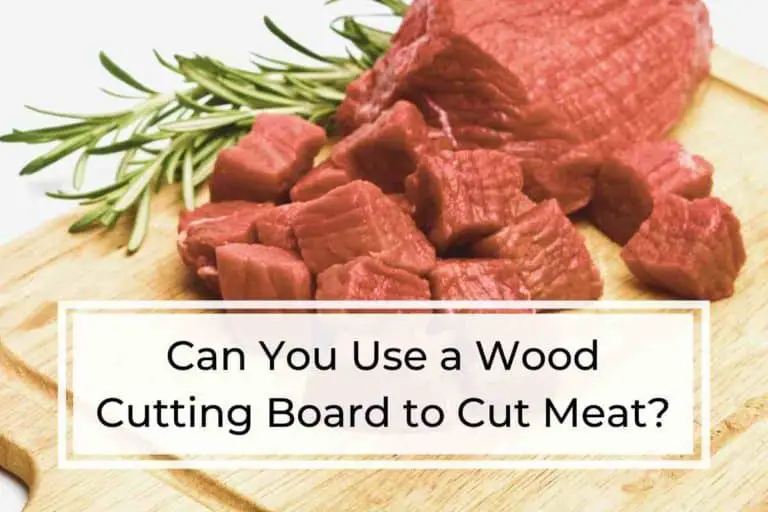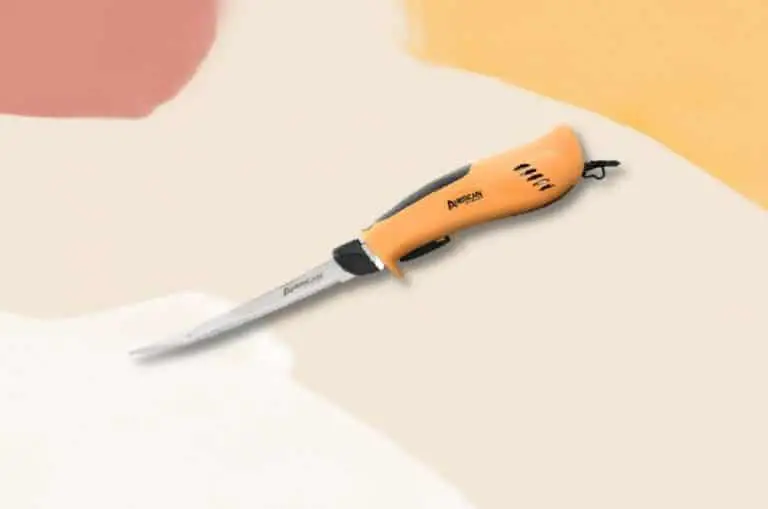Are Plastic Cutting Boards Bad for Knives?
A plastic cutting board can be a convenient way to cut your vegetables or meat. But it is essential to know whether these cutting boards are suitable for your expensive knives or not.
Are plastic cutting boards bad for knives?
The plastic cutting boards are not bad for knives, and there is no need to worry about damage. However, if you use your knives on a plastic cutting board daily, it will possibly dull the blades. The sharp edges of the knife can also leave deep grooves in the board that is prone to bacteria.
Continue reading if you want to learn more about plastic cutting boards, what types of knives are suitable for them, and some care tips.
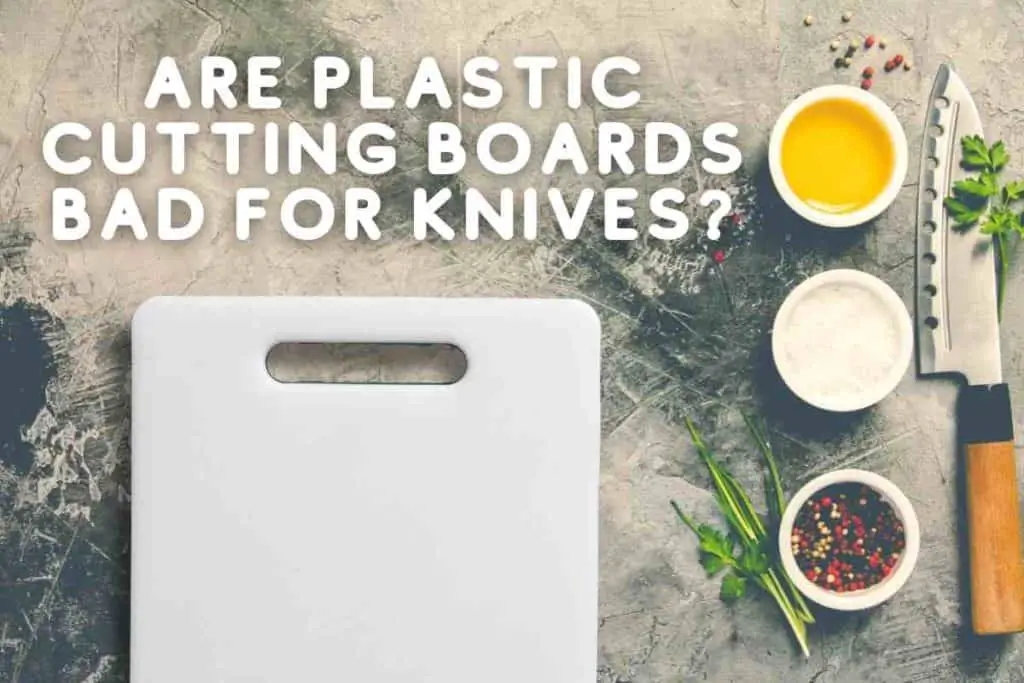
If you want to see the latest kitchen knives and cutlery that are popular right now, be sure to visit my Recommended Products Page (click to see my page) Which includes all of my top picks by category.
Can Plastic Cutting Boards Damage Knives?
Plastic cutting boards have become so popular over the years, but can they damage knives? It’s undoubtedly true that the surface of plastic cutting boards can become scratched and scuffed, but it’s still important to keep in mind that knives are also sharp and can cause the same type of damage.
For instance, if you are to take a knife to the bottom of the plastic cutting board, it may scratch the board’s surface. However, since plastic is a smooth material, this damage will only scratch the surface.
If you use your knives often on plastic cutting boards, they can become dull much faster since they need to work much harder to cut through foods. Additionally, if you use plastic cutting boards for meats and then move on vegetables without washing off the board in between each food type, there is a good chance you may cross-contaminate one food with bacteria from another food type.
Why Do People Prefer Plastic Cutting Boards?
Plastic cutting boards have long been associated with home cooks and chefs—that is, they’ve come to represent the kind of kitchen equipment that’s useful for preparing food. The plastic cutting boards are one of the most versatile pieces of kitchen equipment.
There are plenty of reasons to use a plastic cutting board. Here’s a quick list:
- Easy to Clean
- Durable
- You Can Use Color-Coded (Red Is for Meat, Green Is for Fruit, Blue Is for Fish, Etc.)
- Easy to Store
- Bpa Free
- More Affordable Than Wood Boards
- Dishwasher Safe (Although We Recommend Hand Washing with Gentle Dish Soap)
Also, check out our detailed guide about why do plastic cutting boards smell, for more information about plastic chopping boards.
Are Thin Plastic Cutting Boards Bad for Knives?
No, thin plastic cutting boards are not bad for knives. Instead, the material is used to make the board because it is easy to clean and non-porous.
Don’t fret or toss them right away if you have one or two thin plastic cutting boards in your kitchen. They’re still helpful but best reserved for situations where a heavier and sturdier cutting board isn’t necessary—say, slicing some cheese at the table during a party or making cucumber sandwiches for yourself at home.

You can check out the current price of this OXO Good Grips Utility Cutting Board on Amazon here.
What Kind of Cutting Boards Are Best for Knives?
There are so many options available to you regarding cutting boards. Choosing the cutting board that best fits your needs and preferences for a specific task pays.
Here’s what to keep in mind when it comes to cutting boards and their effect on knives:
- The hard plastic is better for knives than soft plastic.
- Thick plastic is better for knives than thin plastic.
- Large cutting boards are better for knives than small ones.
- Plastic cutting boards with rubber feet are gentler on knives than those without them.
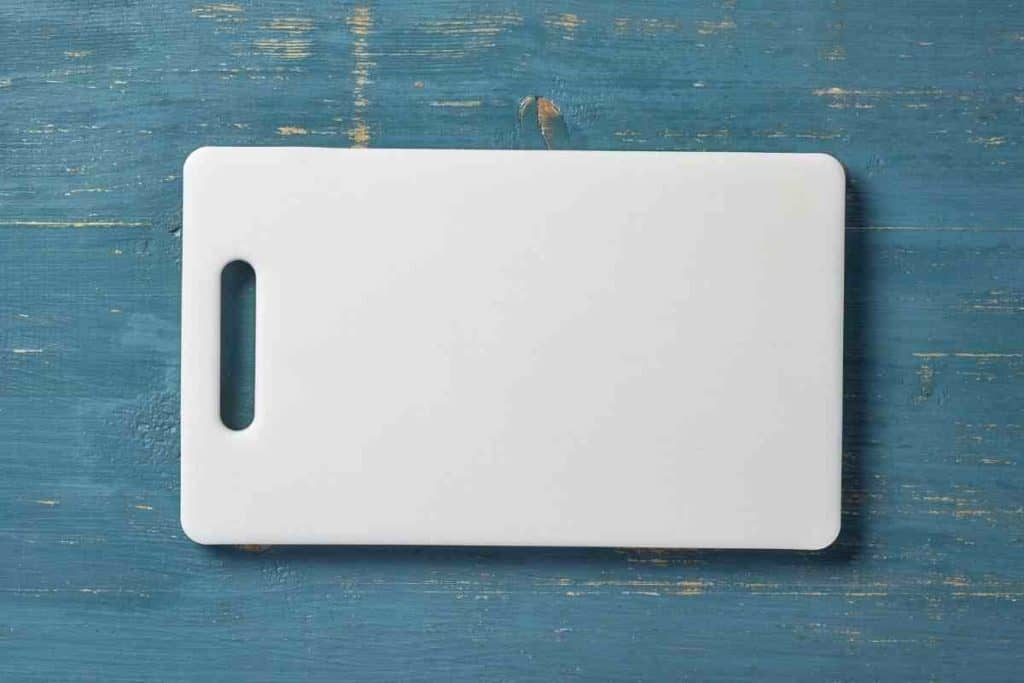
Do Plastic Cutting Boards Dull Knives Faster Than Wood Boards?
Plastic cutting boards do, in fact, cause more wear and tear to knives than wood boards. This is because they are more complex and denser than wood cutting boards. When you use a knife on a plastic surface, the blade edge will be harder on the blade edge.
While dulling your knife over time is a natural process for kitchen prep work, you can help extend its lifespan by using gentler surfaces like wood or bamboo.

You can check out the current prices of this SMIRLY Plastic Cutting Board Set on Amazon here.
Which Type of Knives Is Suitable for Plastic Cutting Boards?
Most knives are suitable for plastic cutting boards. There are just a few things to consider; you should ensure that the blade has enough grip to cut the plastic.
Most knives are fine with plastic cutting boards in the long run. Some kinds of knives should be kept away from them. These include:
- High carbon steel
- Ceramic
- Stainless steel
- Sharpened knives (dull ones are fine)
- Serrated knives (blades like these can be used on plastic cutting boards if they’re not serrated)
- Shears
- Heavy knives
And just as a general rule of thumb, don’t use expensive kitchen implements with your plastic carving board. In fact, we’d recommend keeping those fancy chef’s blades in your butler’s pantry and using them only for exceptional occasions.
Make sure to check our guide on when should you replace a plastic cutting board.
Care Tips When Using Knives on Plastic Cutting Boards
There are a few key things to keep in mind when using knives on plastic cutting boards:
- Choose a high-quality plastic cutting board thick enough to withstand sharp edges without showing wear and tear.
- Clean your plastic cutting boards thoroughly after each use, especially if you’re chopping raw meat.
- Learn the proper techniques for appropriately (and safely) cutting food up with a knife to avoid putting excess pressure on your knife blade or the cutting board itself. It’s also wise to make sure that you have enough room in front of you while chopping and dicing—you don’t want to be backing into other objects while holding your knife, which could lead to an accident or potentially break your knife well.
- Store your plastic cutting boards correctly. For example, don’t place them loose inside a drawer where they can get damaged by knocking against other kitchen utensils.
- Replace your plastic cutting board if you notice any deep grooves from heavy use over time. Also, this can make it more difficult for bacteria to clean out of the crevices, which increases the risk of food poisoning from using such an old cutting board.
Conclusion
The general consensus among knife experts is that plastic cutting boards are the safest for your knives. Your knives are only as good as what they can slice through efficiently. Another thing to consider is how sharp your knives are—if they’re duller than dirt, anything would probably work for you. But if they’ve been newly sharpened or come with particularly impressive blades, then getting a plastic cutting board is likely in your best interest.
If you are interested in the best kitchen products and accessories, be sure to visit my Recommended Products Page (click to see my page), Which includes all of my top picks by category.

![Are Case Knives Any Good? [A Complete Guide]](https://orbitkitchen.com/wp-content/uploads/2022/04/Are-Case-Knives-Any-Good-768x512.jpg)
